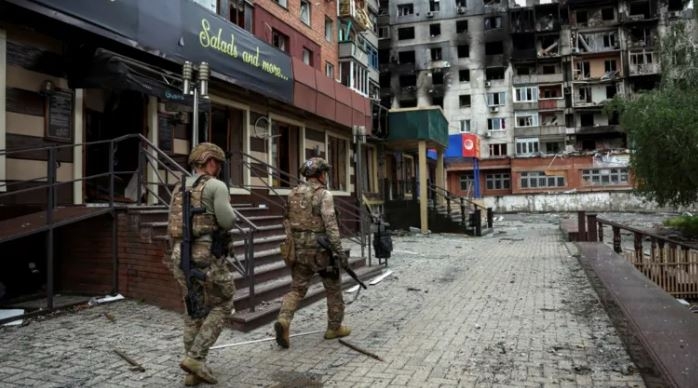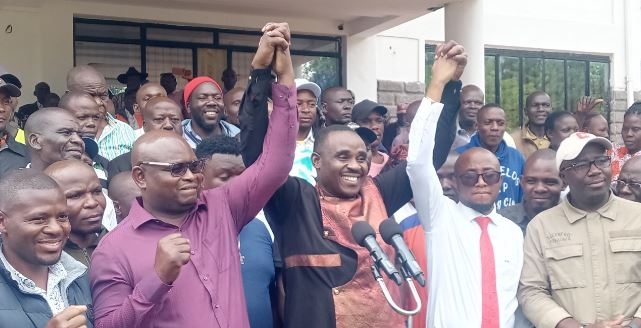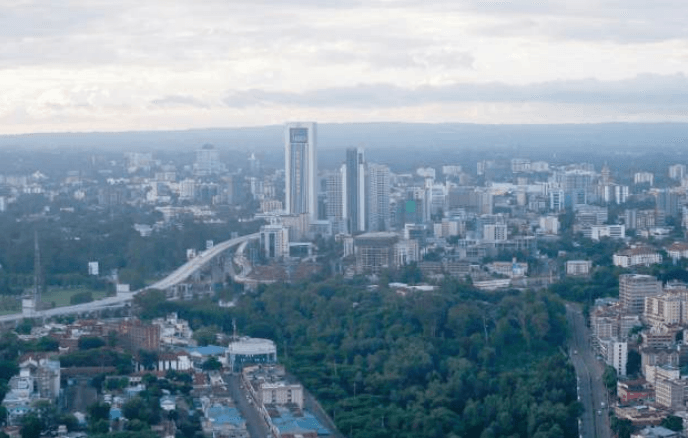When the African Union was founded in 1999, it set itself lofty goals. Some were based on the theoretical realms of international relations, but others are more concrete. Out of the many programmes the AU has sponsored since its birth, none has been in accordance with as many goals at once as Amisom.
The African Union Mission in Somalia was set up in 2007 as a regional peacekeeping mission approved by the UN Security Council. To provide some stability and peace in the decades-old Somali civil war, the Intergovernmental Authority on Development community took the initiative to send troops to support the Federal Government of Somalia.
After securing the financial backing of the US and the European Union, the Igad community turned to the AU and asked for the military support of other African countries. In an impressive show of African solidarity, more than 20,000 troops were pledged, and currently, eight countries take an active role with another seven providing support.
But apart from remembering who is fighting, let us not forget who we are fighting. Last month was the 20th anniversary of the 1998 US embassy bombing in Nairobi by al Qaeda. It was, in fact, a preview of the terrorism of the next decade.
The world did not learn quickly enough. The US had to be attacked on its own soil to confront this global threat. We in Kenya understand the costs and dangers of terrorism all too well. This is why we have taken a leading role in the efforts to stabilise Somalia. Fighting terrorism, and providing Kenya with security and peace have been a key priority of President Uhuru Kenyatta.
This fact is recognised the world over. During the commemoration ceremony at the August 7 Memorial Park, the Under Secretary of State for Political Affairs David Hale commended the military campaign Kenya is waging against terrorism in the region. Recognising the remarkable resilience of the Kenyan people in the face of religious extremism, Hale praised Uhuru’s resolve to fight terrorism near and far.
It is noteworthy that Kenya has become one of the most trusted allies of freedom-loving countries in this conflict. Terrorism is a global phenomenon, hurting innocent people on every continent. We can be proud of our role carrying the flag of liberty at the helm of African nations from Nigeria to Egypt, all battling a common enemy.
The international recognition of President Kenyatta’s efforts is important and reassuring. It includes diplomatic statements such as David Hale’s affirmation of the unbreakable bond between the two countries, physical support such as US training and equipment enhancing our maritime surveillance, and statements of soft power such as the UN-sponsored African Regional High-Level Conference on Counter-Terrorism and the Prevention of Violent Extremism Conducive to Terrorism that took place in Nairobi in July.
Combined, this clearly shows Uhuru’s strategy is holistic, well-funded and driven by a strong will to defeat terror. Using his diplomatic skills and drawing on our decades-long experience, he put Kenya on the map of the most active countries defending life and liberty for all freedom-loving humans, whether they are endangered by terrorists in Kenya or in the wider region.
This shows that our President is a deeply committed humanist at heart, who cares and works tirelessly to improve not only the situation of his compatriots, but also of our neighbours. He understands that without peace in Somalia, we will not have peace in Kenya. A terrorist safe-haven in Mogadishu will result in suffering in Mombasa.
With the end of the Amisom mission in sight, we should set political differences aside and support our Commander-in-Chief and our troops until the threat of terrorism is eliminated.
The memory of the pain inflicted by past attacks is too fresh for us to allow complacency or political point-scoring to limit our ability to defend our citizens again in the future.
Adviser, Devolution Cabinet Secretary











